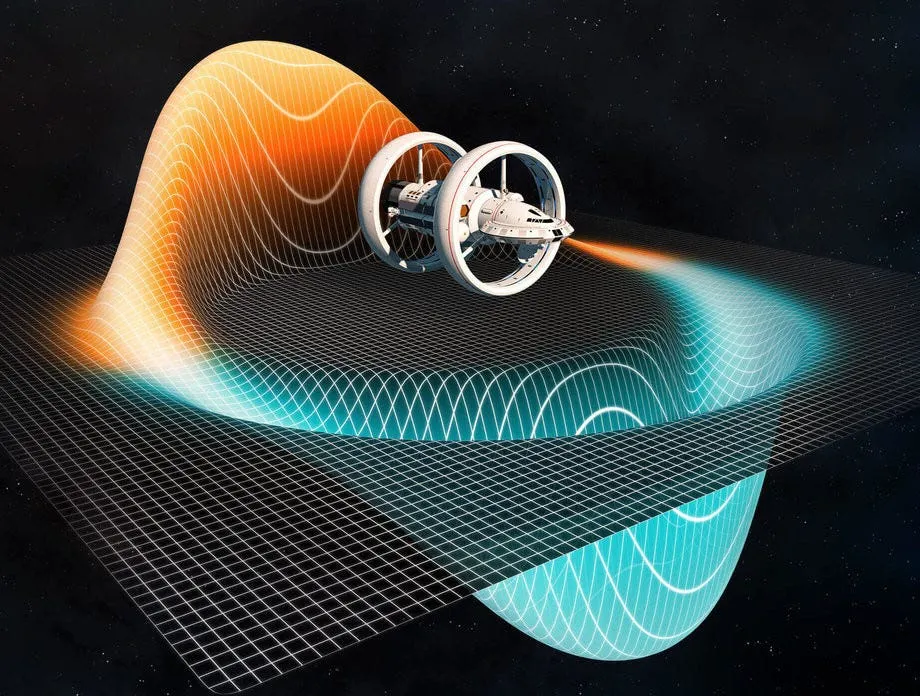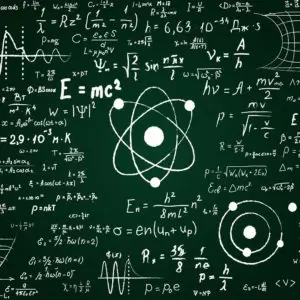Thou shall not break the laws of physics, mostly. Pushing the boundaries of physics and ignoring them all together are very different things. Some science fiction writers chose to stay within the confines of the known universe while others create their own universes with their own unique physics.
“Reality is merely an illusion, albeit a very persistent one.”
Albert Einstein
Can good science fiction adhere to our current understanding of how the universe works? Emphatically, yes! Many of the greatest authors in the genre based their works on the known laws of physics. Heinlein, Asimov, Anderson, and Bova, to name just a few, rooted their books in real science.
As an avid science fiction reader as a child, I knew just enough physics to understand what the authors were talking about, but not enough to challenge their assertions. That is what made reading science fiction fascinating for me! It was on the verge of reality.
Conversely, I could smell a fraud by the end of the first chapter. Supposed science fiction books that started off from the very beginning with completely unbelievable science turned me off. Good authors know this about their readers and throw in enough physics and technical jargon to keep their interests without overloading them. It is a delicate balance between a good story and a physics text book.


Star Trek vs. Star Wars?
Star Trek or Star Wars? That question has been asked of me many times. The first is science fiction and the second is science fantasy. Both have their place in the literary world and are excellent representatives of their respective genres. However, Star Trek was made for television and is much more cerebral and loaded with techno-babble, while Star Wars was made for the big screen and is flashy and action oriented. I think that they really do appeal to very different audiences.


Leave a Reply